 Welcome
Welcome
“May all be happy, may all be healed, may all be at peace and may no one ever suffer."
Kidney infection
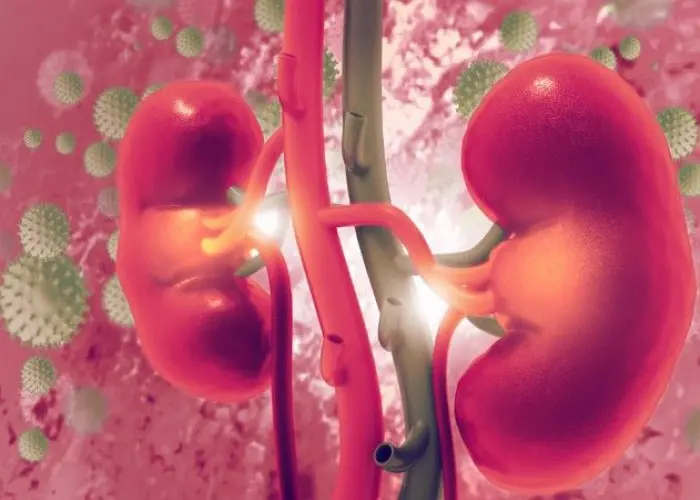
A kidney infection, also known as pyelonephritis, is a type of urinary tract infection (UTI) that affects one or both kidneys. It is usually caused by bacteria that have spread from the bladder or urethra to the kidneys.
Symptoms of a kidney infection may include:
- Pain in the back, side, or groin
- High fever
- Chills and shaking
- Nausea and vomiting
- Cloudy or bloody urine
- Frequent and urgent urination
- Fatigue and weakness
If left untreated, a kidney infection can cause serious complications, such as permanent kidney damage or sepsis, which is a life-threatening condition.
Treatment for a kidney infection typically involves antibiotics to kill the bacteria causing the infection. It is important to complete the full course of antibiotics as prescribed, even if you start feeling better before the medication is finished. Pain relievers may also be recommended to help relieve any discomfort.
In some cases, hospitalization may be necessary for intravenous antibiotics and fluids, especially for severe infections or for individuals with other health complications. Additionally, it is important to stay well-hydrated and to avoid caffeine and alcohol while recovering from a kidney infection.
If you suspect you have a kidney infection, it is important to seek medical attention promptly to prevent complications.
Research Papers
Disease Signs and Symptoms
- Fever
- Fever and chills
- Groin pain or hip pain
- Abdomen pain
- Frequent urination
- Nausea or vomiting
- Blood in urine (hematuria)
Disease Causes
Kidney infection
Bacteria that enter your urinary tract through the tube that carries urine from your body (urethra) can multiply and travel to your kidneys. This is the most common cause of kidney infections.
Bacteria from an infection elsewhere in your body also can spread through your bloodstream to your kidneys. Although it's unusual to develop a kidney infection, it can happen — for instance, if you have an artificial joint or heart valve that becomes infected.
Rarely, kidney infection results after kidney surgery.
Disease Prevents
Kidney infection
Reduce your risk of kidney infection by taking steps to prevent urinary tract infections. Women, in particular, may reduce their risk of urinary tract infections if they:
- Drink fluids, especially water. Fluids can help remove bacteria from your body when you urinate.
- Urinate as soon as you need to. Avoid delaying urination when you feel the urge to urinate.
- Empty the bladder after intercourse. Urinating as soon as possible after intercourse helps clear bacteria from the urethra, reducing your risk of infection.
- Wipe carefully. Wiping from front to back after urinating and after a bowel movement helps prevent bacteria from spreading to the urethra.
- Avoid using feminine products in the genital area. Using products such as deodorant sprays in your genital area or douches can be irritating.
Disease Treatments
Antibiotics for kidney infections
Antibiotics are the first line of treatment for kidney infections. Which drugs you use and for how long depend on your health and the bacteria found in your urine tests.
Usually, the signs and symptoms of a kidney infection begin to clear up within a few days of treatment. But you might need to continue antibiotics for a week or longer. Take the entire course of antibiotics recommended by your doctor even after you feel better.
Your doctor might recommend a repeat urine culture to ensure the infection has cleared. If the infection is still present, you'll need to take another course of antibiotics.
Hospitalization for severe kidney infections
If your kidney infection is severe, your doctor might admit you to the hospital. Treatment might include antibiotics and fluids that you receive through a vein in your arm (intravenously). How long you'll stay in the hospital depends on the severity of your condition.
Treatment for recurrent kidney infections
An underlying medical problem such as a misshapen urinary tract can cause you to get repeated kidney infections. In that case, you might be referred to a kidney specialist (nephrologist) or urinary surgeon (urologist) for an evaluation. You might need surgery to repair a structural abnormality.
Disease Diagnoses
Disease Allopathic Generics
-
Diclofenac Sodium
Medicines are given depending on the severity of the pain. Diclofenac sodium is a medicine for severe pain.
1 injection into the flesh after 12 hours for 2 days. If the pain is less, the above medicine pills should be given instead of injection.
-
Diclofenac Potassium
1 pill 3 times daily with or after food.
-
Ranitidine Hydrochloride
Medicines containing ranitidine to prevent stomach acid.
1 in the morning after breakfast and 1 in the evening.
-
Cotrimoxazole
Adults 2 pills in the morning 2 pills in the afternoon after 12 hours after food for 5-7 days.
-
Nalidixic Acid
2 times a day 3 times 5/7 days. Syrup for children.
-
Ciprofloxacin
500mg 1 pill 2 times a day. Children should take 250 mg 1 time 2 times a day 1/2 hour after meals. (10-14 days)
-
Pefloxacin Mesylate Dihydrate
1 pill in the morning 1 pill in the evening 7-10 days.
Disease Ayurvedic Generics
Disease Homeopathic Generics
Disease yoga
Kidney infection and Learn More about Diseases

Heart murmurs

Childhood schizophrenia
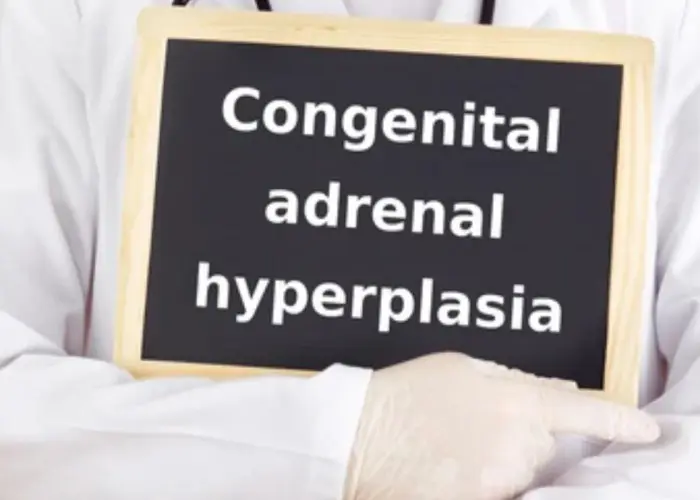
Congenital adrenal hyperplasia

Cholestasis of pregnancy

Pneumothorax
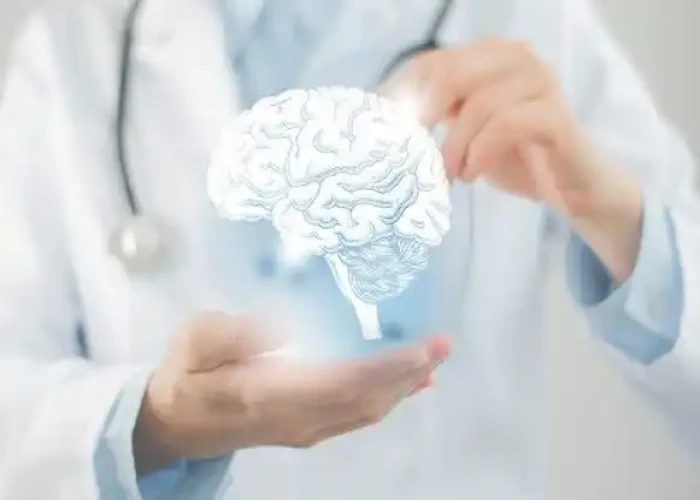
Transient ischemic attack (TIA)
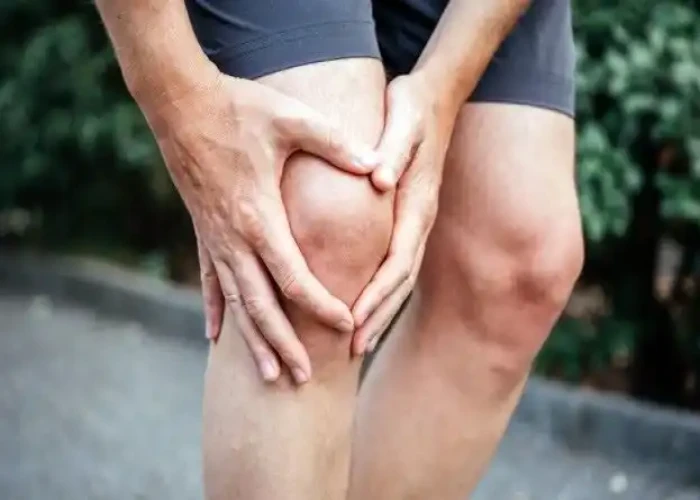
Torn meniscus
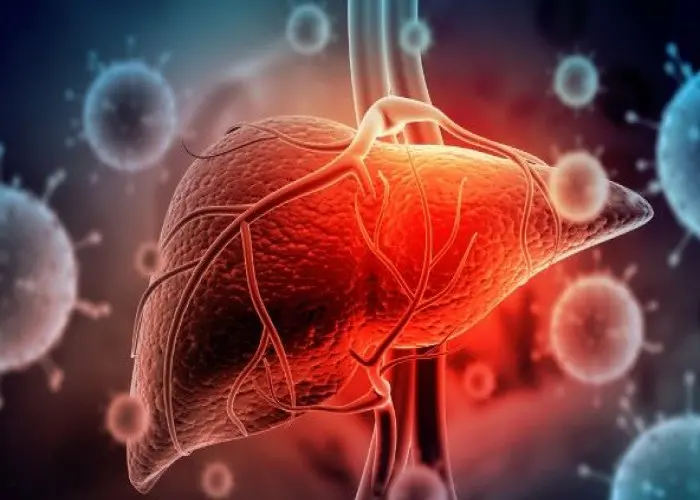
Hepatitis A
kidney infection, কিডনি সংক্রমণ
To be happy, beautiful, healthy, wealthy, hale and long-lived stay with DM3S.
